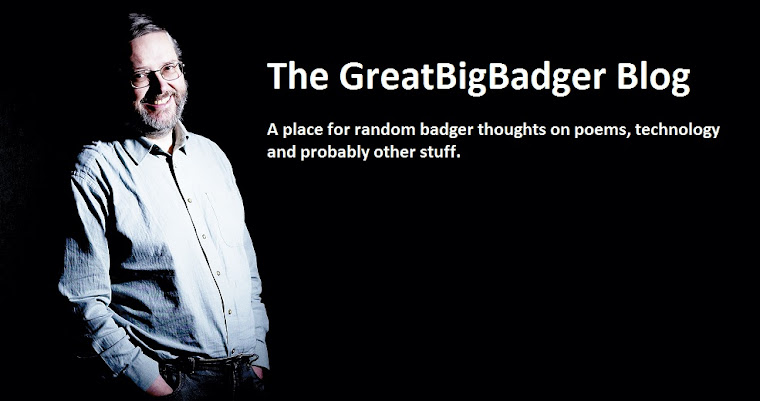The LCD video projector contains three LCD panels. At the center of the projector is a halogen bulb, which is surrounded by the panels. The panels produce light. As the halogen bulb heats up, the crystals melt and allow more light to pass through. Hence, the intensity of the halogen bulb brings about the difference in the tones. Higher the temperature of the bulb, lighter the tone and vice a versa.This is from a site which claims to offer information and looks professional enough when you come to it. It's articles are written by many different authors, so it would be unfair to name the site. There's no peer review, though, as on most academic sites, or even Wikipedia. If you know nothing about LCD projectors, it would be easy enough to take this as truth.
Images travel to the tube present inside the projector from the DVD player or the satellite box. These images in turn bounce on a screen that is coated with phosphor. Every fragment of light hitting the screen is termed pixel. On hitting the screen, the pixel breaks down into its color component that is red, blue or green.
However, there's hardly a statement in there that's true. An LCD projector can contain three panels, though it's possible to make one with a single panel and a colour wheel. The panels don't normally surround the halogen bulb and most projectors use metal halide bulbs, because they last much longer than halogen. The panels don't produce any light, but either block or pass light from the bulb. The crystals in an LCD don't melt.The temperature of the bulb has no effect on the lightness of the tone. The images don't bounce on a screen coated with a phosphor - there are no phosphors involved in an LCD projector. The light doesn't break into its colour components when it hits the screen - coloured light is projected directly.
I'm not writing this to try and pull down a fellow writer or to show I know more, but as an example of how it can be problematic to accept information off the Internet when you know nothing about its provenence. You don't know if a particular author is an expert in his/her field or a complete charleton who hasn't a clue about their subject.
So how can you tell if a piece is accurate? If you know something about the topic, you probably have a feel for the veracity of the facts in what you read, but you can also try the journo test; see if you can get corroboration from a second source. And that's not just another site with the same text on it, but similar information written by a different author.
This kind of check can be applied to those emails you get from well meaning friends which contain warnings of new viruses which 'Microsoft says are real and with no known cure'. Google the start of the text of the message and you'll soon find if its a scam message relying on the paranoia of its readers to be transmitted round the Internet.
